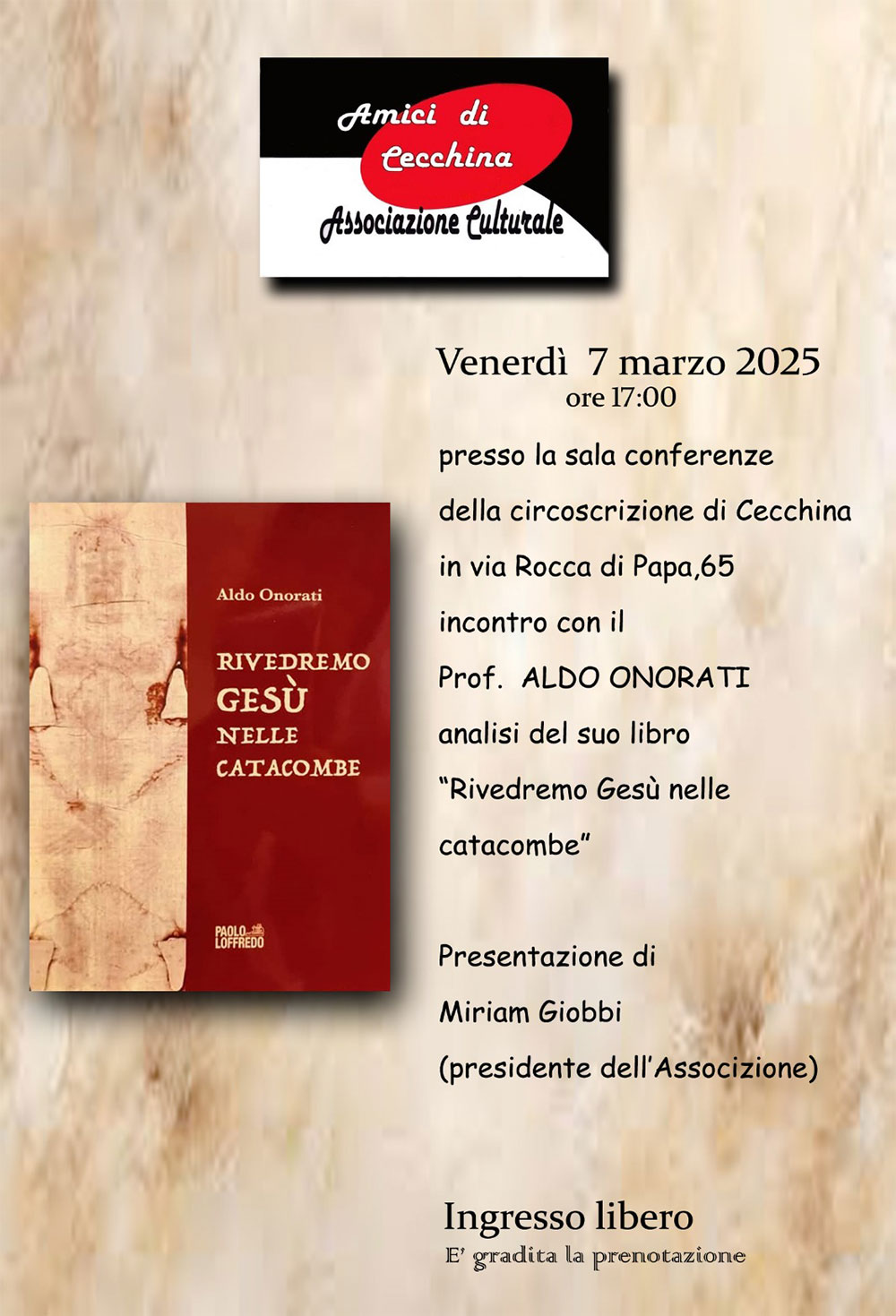 Paolo Loffredo, sixth generation of a large family of publishers and booksellers engaged in the production and distribution of books since the late nineteenth century, creates in 2012 the new editorial company Paolo Loffredo Editore. The historical site was until the '80s in the heart of the historic centre of Naples in Via San Biagio dei Librai, lower Decumano and also known as the SpaccaNapoli.
Paolo Loffredo, sixth generation of a large family of publishers and booksellers engaged in the production and distribution of books since the late nineteenth century, creates in 2012 the new editorial company Paolo Loffredo Editore. The historical site was until the '80s in the heart of the historic centre of Naples in Via San Biagio dei Librai, lower Decumano and also known as the SpaccaNapoli.
At the beginning of the twentieth century, Giuseppe Loffredo decided to add book selling to the book production, which definitively imposed itself after World War II with the publication of manuals for the University and for the School that succeeded in establishing themselves soon throughout Italy.
LAST EVENT
"Rivedremo Gesù nelle catacombe"
07 Marzo 2025 - Sala Conferenze circoscrizione di Cecchina - via Rocca di Papa 65, Albano Laziale (RM) - ore 17,00

De costantia sapientis – La fermezza del saggio
ISSN: 2611-1411
Language: Latin, Italian
Publisher: Paolo Loffredo Iniziative Editoriali Srl

Description
De costantia sapientis. La fermezza del saggio
The “De costantia sapientis” is bequeathed as the second book from Seneca’s “Dialogi”, dedicated to Anneo Sereno. It is about the stoic paradox according to which the wiseman suffers no offence.
This study wants to offer a particular way of reading this work, which the critic hasn’t focused on until now. The introduction highlights the difficulties of the dating, but the text helps to place the whole work before Claudio’s death, of the fonts, mostly the latin law, to the political intervention, focusing on the philosopher’s importance for the nation, to the style, full of syllogisms and metaphors.
The translation tries to enhance the repetition of the key words and the formulas the author uses. The comments highlight the importance of the theme in the juridical and social reality in latin society, giving examples of the vulgarity in the senate, of inopportune “salutation”, of malevolous servants. The ones who offend feel like they are in higher place than their enemy, but they are instead way lower. The wiseman, instead, is in a so high position that he is unattainable by every possible offense.



